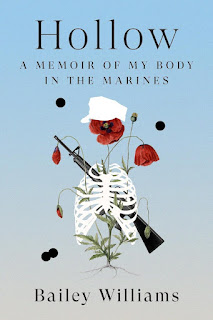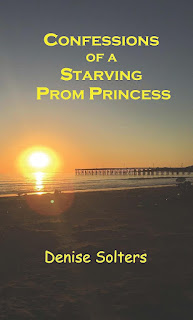Published December 2024
★★★
Okay, folks, you know the drill: here's the list of trigger warnings included in Fifty Shades of Gorgosaur.
Job interviews, "quiet luxury", billionaires, organized religion, disorganized religion, religious shame, youth pastors, Satan, hell, death (actual), torture (implied), taxes (implied), sex (including but not limited to oran, anal, manual, group, solo, dinosaur), light bondage, light spanking, sushi, Slavoj Zizek, Elon Musk, Kyle (any), prehistory, power, portraiture, raccoons, human resources, leather furniture, goats, animal death (goat), blood, true love (loc. 6*)
Missing from the list of trigger warnings is whatever this is: Tristan Black's meat-laden breath was warm and humid even from this distance; it smelled like a bourgeois butcher shop, the kind of high-end meatery that also sold artisan barbecue sauces and was always promising to have Beyond Meat burgers in stock the following week, but never did, but they would, one day. (loc. 548)
(File under Things That Make Me Happy to Be a Vegetarian)
There's also a line referencing pumpkin spice lattes that I will not quote here, but that makes me also very glad that I don't care for PSLs...
At any rate, this book is something of an oddity in Faust's work—in that we're well into the book before things turn dino, and in fact much of the book seems to be inspired by low-budget adult films. I was trying to remember what this reminded me of, and it's just hit me—the podcast "My Dad Wrote a Porno"! Of course. It's full of improbable events and even more improbable sex and instalove and...well, a lot of blood, actually, which is maybe where the comparison falters.
I have a lot of questions about the
My gosh.
Anyway, I still have no idea how to rate these books but am giving this one a cheerful three stars instead of four for Not Enough Dinosaur and for not enough explanation of how this particular dinosaur functions in this world. Depending on how your WTF meter is doing today, you might find it to be a one-star book...or a five-star one. You have been warned.
*Quotes are from an ARC and may not be final.
Thanks to the author and publisher for providing a review copy through NetGalley.



















